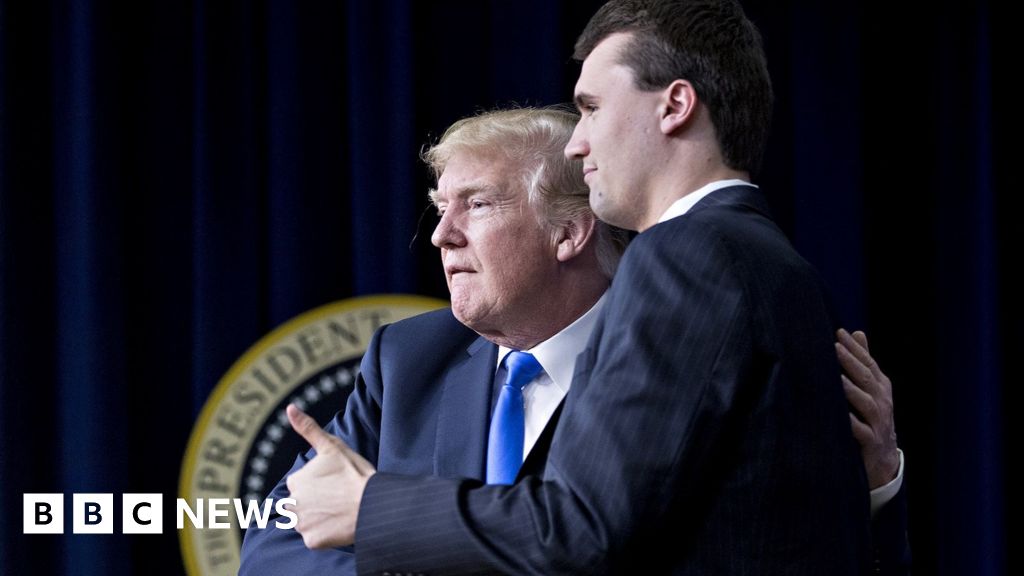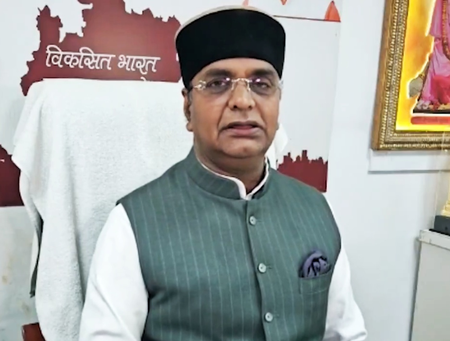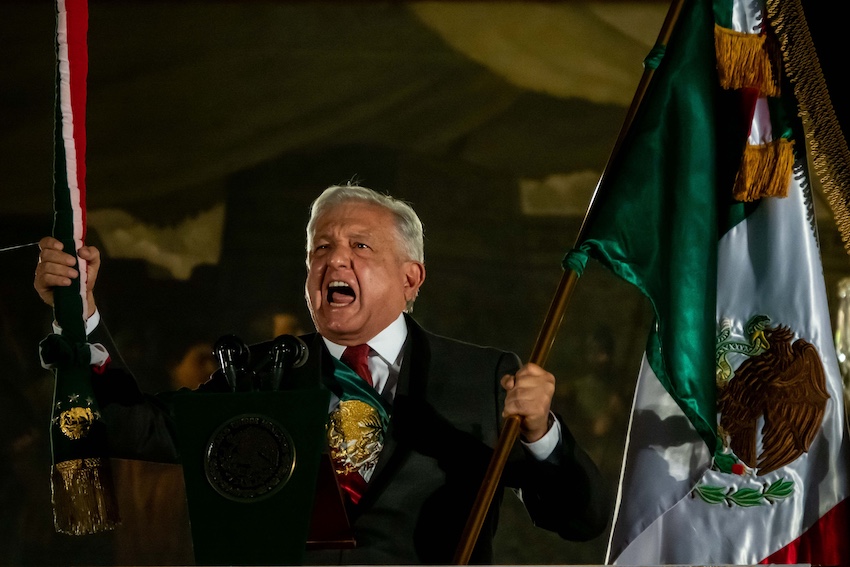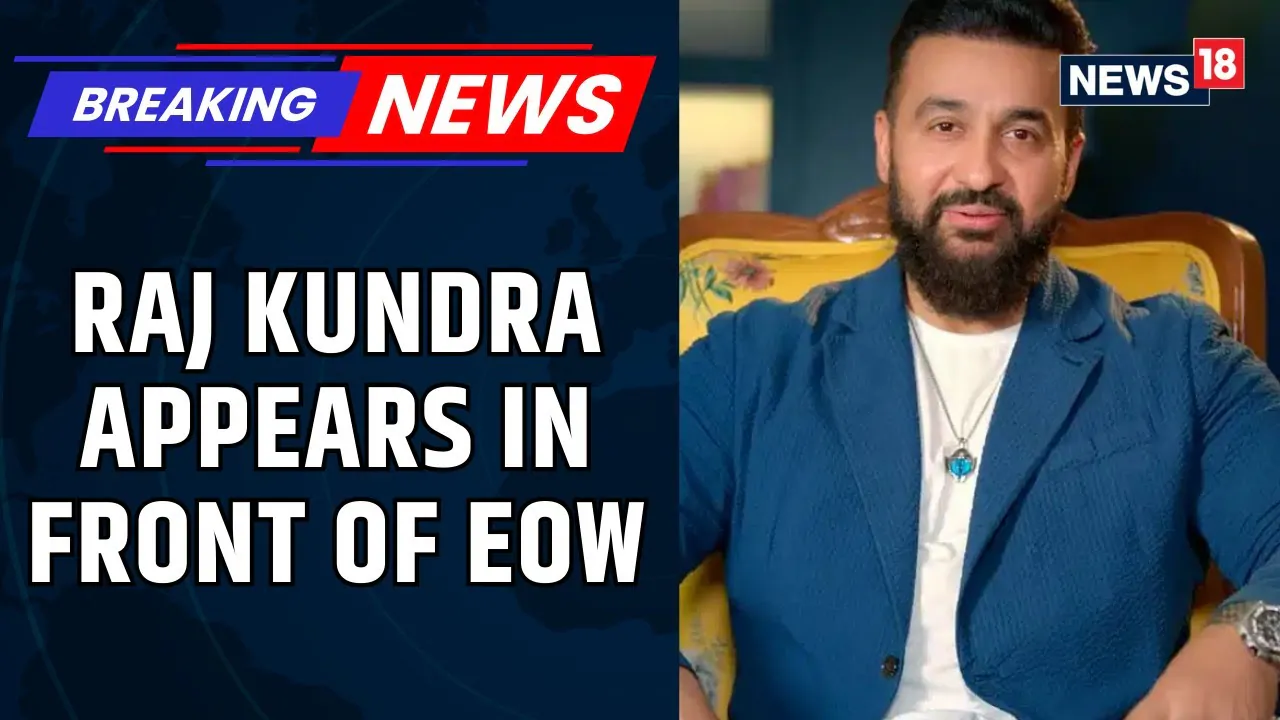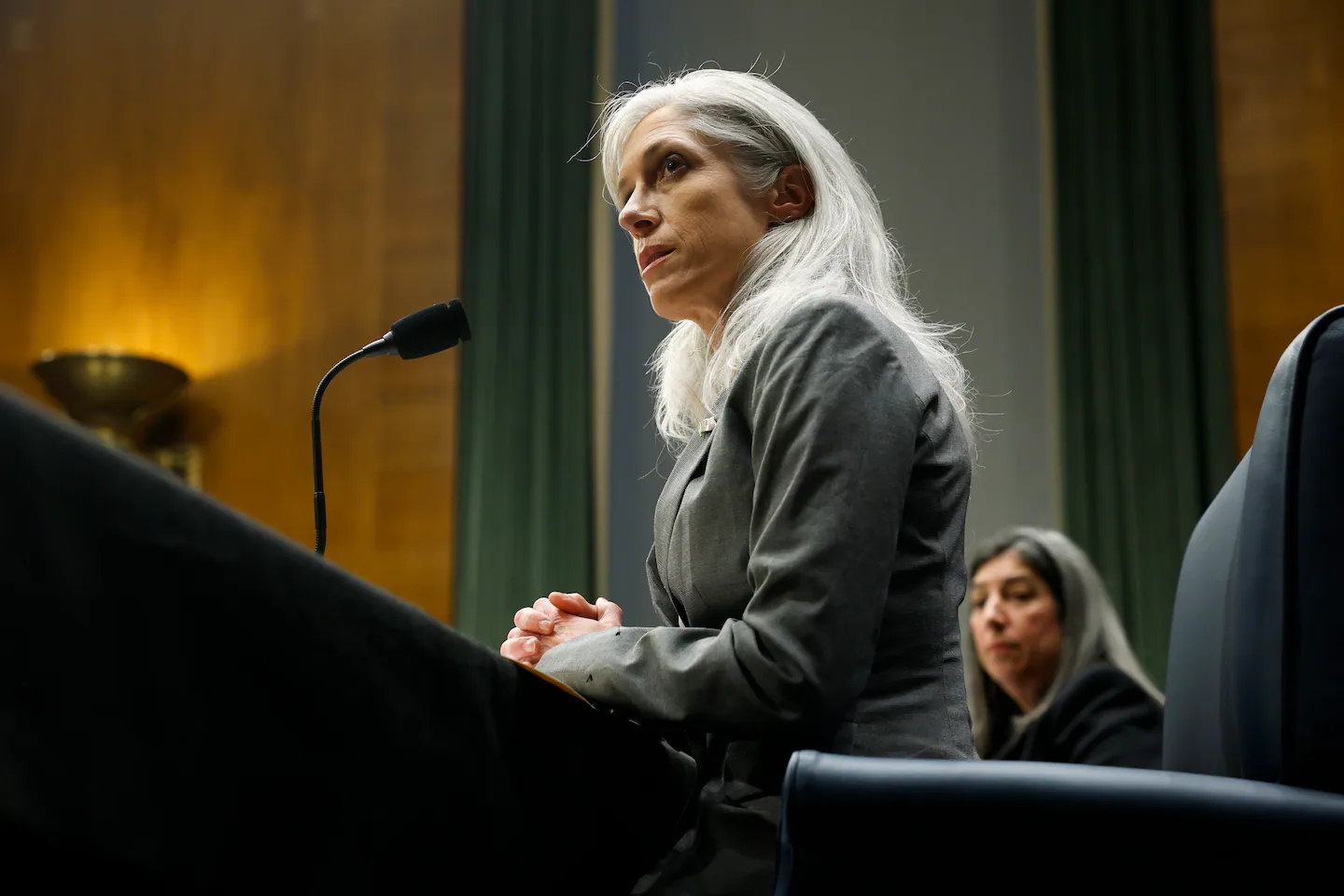
Monarez laid out in detail the events that led to her firing, in ways that directly contradicted what Kennedy had testified before a different Senate committee two weeks ago. She said that the secretary of HHS had asked her for two commitments: To fire career agency scientists and to approve every recommendation made by a vaccine advisory board hand-selected by him. She feared both would violate her oath of office to execute the duties of her office, and also her “scientific integrity.”
Kennedy had previously testified that he fired Monarez when she told him she was not trustworthy.
Monarez said she refused Kennedy’s requests, saying she would only fire officials if there was cause and that she would commit to following the science on recommendations. She then brought the requests and her concerns about them to the attention of the HELP Committee chair, Republican Louisiana Senator Bill Cassidy.
“I had reached out as part of what I understood my obligations to communicate that to this committee,” Monarez testified. “The secretary became aware of that, and in the context of those activities, he told me he could not trust me. I told him that if he could not trust me, he could fire me.”
Monarez and Houry described other actions by Kennedy that they felt undermined their ability to faithfully do their jobs. This included telling Monarez all her decisions would be reviewed by political appointees and that she was forbidden from speaking to members of Congress and career scientists. Houry said that she and other career scientists repeatedly asked to brief the secretary on the data and evidence underlying agency decisions and to correct misstatements he had made publicly, none of which were granted.
Houry testified she learned of Kennedy’s decisions regarding the COVID vaccine from social media posts, and those were made without scientists’ input and without providing the CDC staff with supportive data.
“That is not gold-standard science,” Houry said, repeating Kennedy’s oft-invoked catchphrase.
There were areas of rare bipartisan agreement between senators during the hearing. Several Republicans joined Democrats in focusing on asking Monarez and Houry about their experiences at the CDC.
Cassidy was joined by Republican Senators Susan Collins of Maine and Lisa Murkowski of Alaska in probing how the hostile environment described by the witnesses could impact public health and Americans’ confidence in it.
“The recent turmoil at the CDC only serves to further undermine public confidence in its recommendations,” Collins said.
“I’m concerned that when career scientists then are excluded, maybe completely excluded, from the director’s office, what happens? Who does then provide the scientific expertise?” Murkowski asked, somewhat rhetorically. “What happens then to this scientific mission when there are none of the public health professionals?”
Cassidy’s comments and questions at the hearing showed the fine line that he is walking this year. Cassidy is a more moderate Republican who voted to convict President Trump in his 2021 impeachment over the events of Jan. 6. He is facing a primary challenge in his re-election from the right and Trump’s support could be critical to his political future.
But he is also an experienced physician who has been highly critical of Robert F. Kennedy Jr.’s track record of questioning vaccines and moves he has made since being confirmed.
Cassidy was also the pivotal vote to confirm Kennedy, a decision he made after publicly struggling with the decision and securing numerous commitments from Kennedy to work closely with Cassidy. Commitments that Democrats say Kennedy has since broken.
His opening statements made clear the tightrope walk he is making. Cassidy repeatedly emphasized that he called the hearing to fulfill a goal stated by both Trump and Kennedy: “radical transparency.”
“If someone is fired 29 days after every Republican votes for her, the Senate confirms her, the secretary says at her swearing in that she has ‘unimpeachable scientific credentials’ … what happened? Did we fail?” Cassidy said. “The American people need all the facts, not a version of the facts that fits a certain narrative or agenda.”
Not all Republicans on the committee were aligned with Democrats. Some, including Kentucky Senator Rand Paul, echoed the criticisms of those who question vaccines and the recommendations the CDC makes for their administration.
But several Republicans sought instead to undermine Monarez’s believability.
Indiana Senator Jim Banks noted that her lawyer, Mark Zaid, has a track record of opposing Trump. Zaid is an attorney who specializes in representing fired or former government officials and whistleblowers.
Monarez said she was not aware of his political views, and that she hired him because his contact information was given to her by multiple people concerned about consequences for her for opposing Kennedy.
“Mark Zaid and I have never spoken about politics,” Monarez said. “He is a well-credentialed counsel.”
In an awkward exchange, Monarez declined to identify the names of her attorneys on the record in response to repeated questions by Florida Senator Ashley Moody, who remarked: “Now I’m wondering what else we’re trying to hide.”
And Oklahoma Senator Markwayne Mullin questioned Monarez on her recollection of her interaction with Kennedy, repeatedly saying she was being untruthful and at one point saying there was a recording of the meeting what would contradict her.
“All we’re looking for is for you to be honest, and you haven’t been,” Mullin said, as he compared Monarez to his children.
Returning to the room later, Cassidy noted that if Mullin was aware of or in possession of a recording of the meeting, it should be available to the whole committee and disclosed to them as part of their document requests to Health and Human Services that have gone unanswered. Cassidy went as far as to say if Mullin had misspoken, he should retract his questions.
Minutes later, Cassidy informed the committee room that Mullin had told reporters elsewhere that he had been mistaken about the recording.
